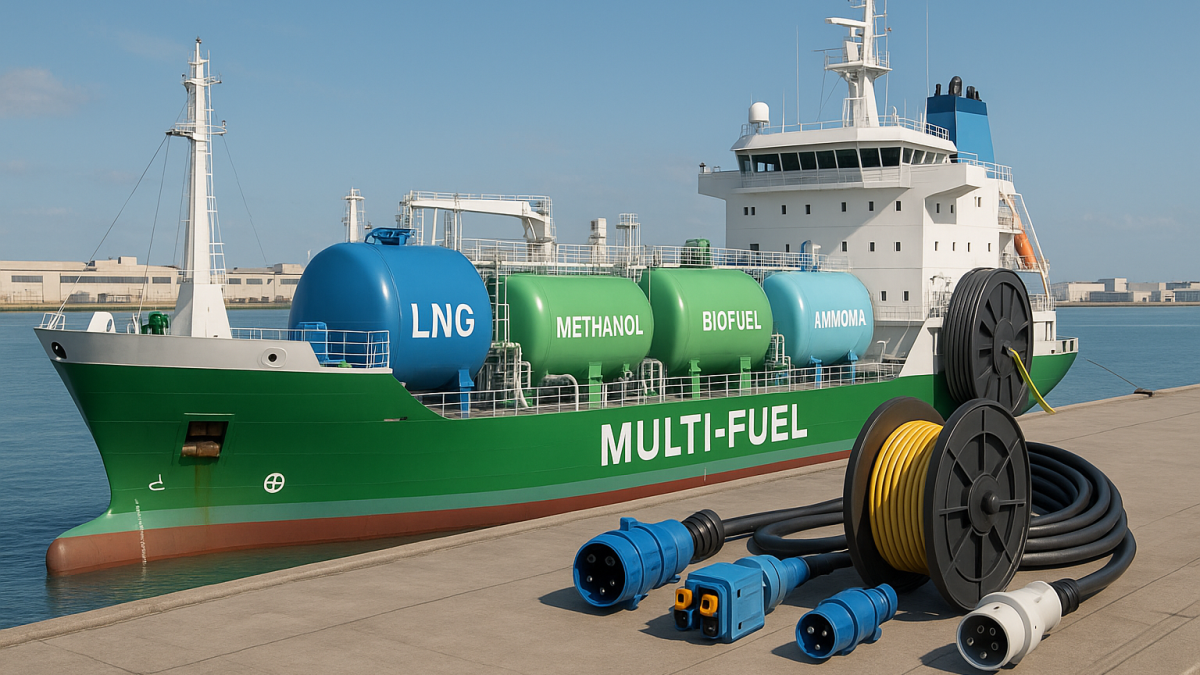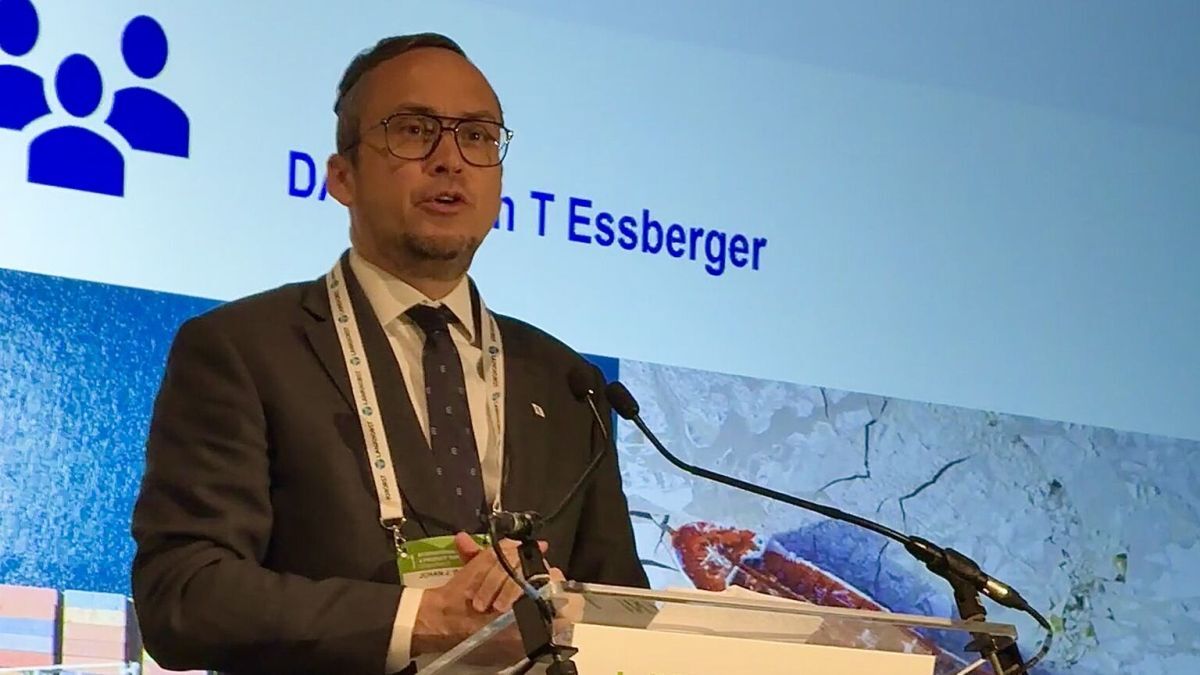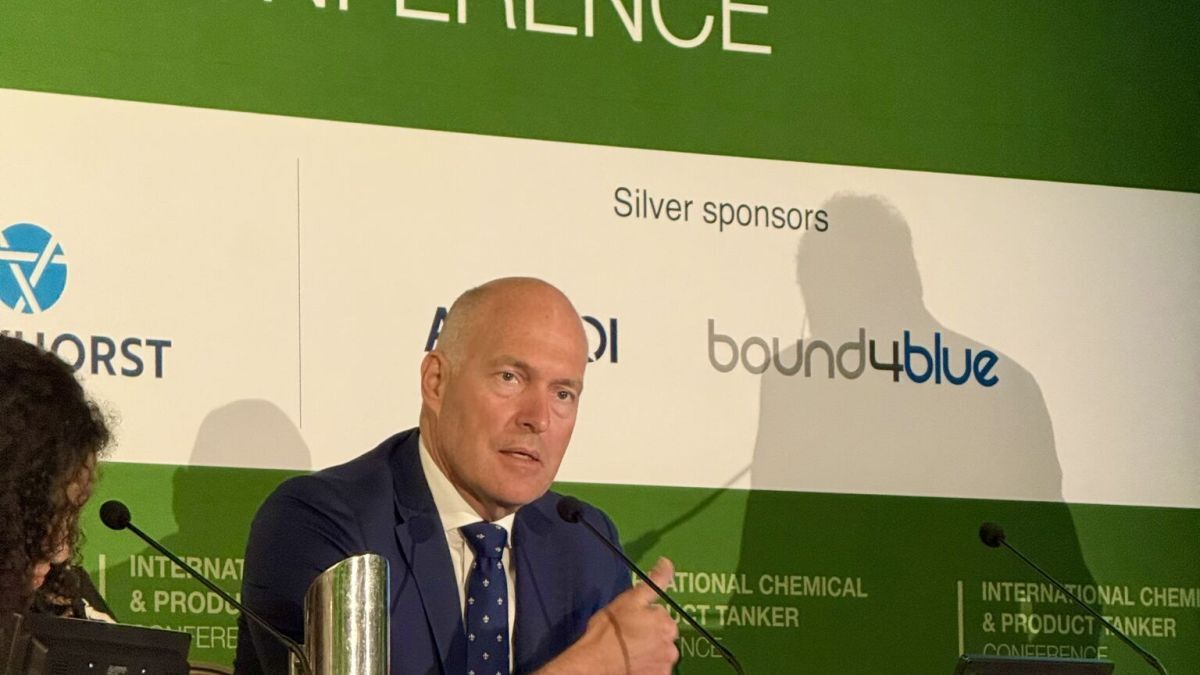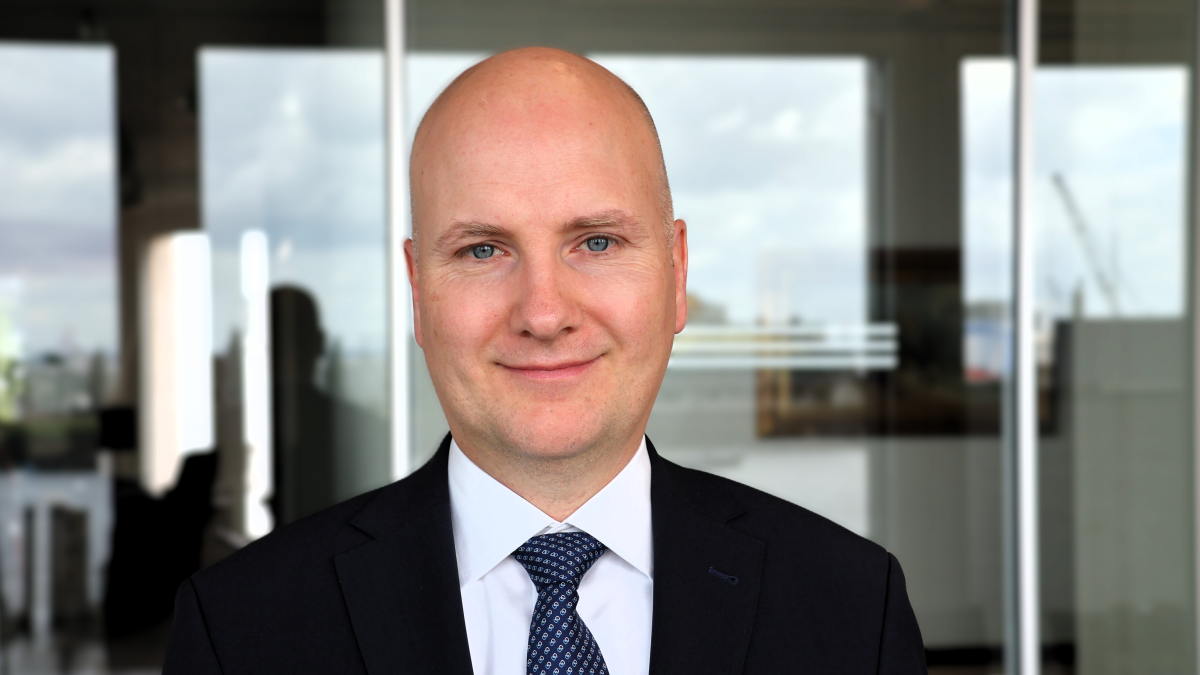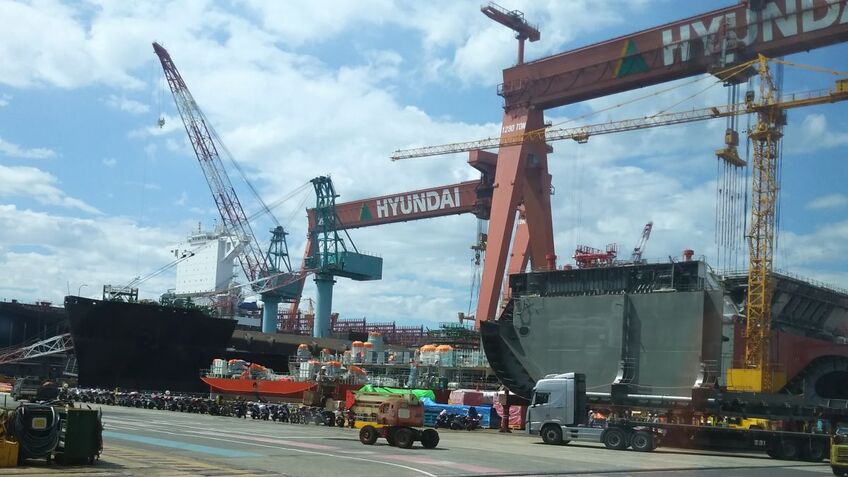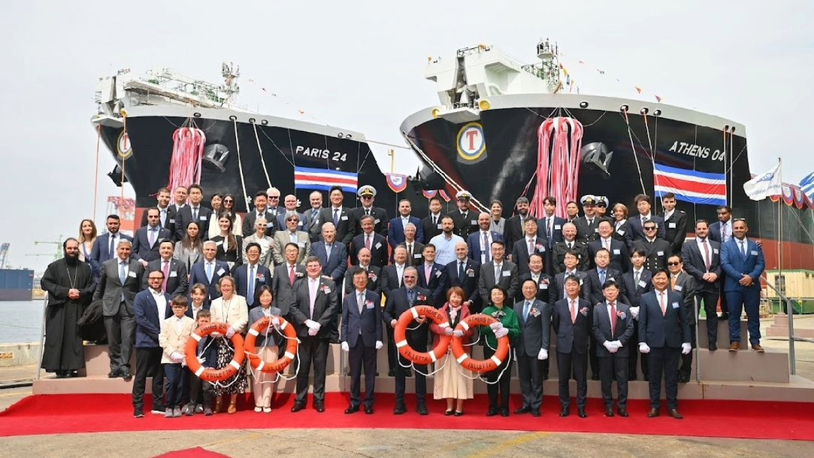Business Sectors
Events
Contents
Register to read more articles.

Women in Maritime Today: BW LNG’s Monika Johannessen counsels 'never stop learning'
BW LNG head of newbuilding and projects, Monika Johannessen, is shaping the future of gas carrier construction with deep technical expertise and a clear vision for the evolving LNG sector
Building on a strong technical foundation, Monika Johannessen has forged her career in LNG shipping with hands-on experience in managing newbuilds and conversions. Joining BW LNG as the head of newbuilding and projects department in 2024, she leads a team responsible for the design and construction of LNG carriers, and conversions to FSRUs, FSUs and other retrofit projects – committed to the highest standards of safety, efficiency and environmental compliance.
Prior to joining BW LNG, Monika built a 17-year career at DNV, starting as an engineer assessing technical documentation for gas carrier newbuildings and conversions. She later managed FSRU and FLNG conversion projects, led the Gas Carrier Excellence Centre, and ultimately served as head of DNV’s gas technologies, piping and systems department.
She holds a Master’s degree in naval architecture from the Norwegian University of Science and Technology. Together with maritime logistics studies at Chalmers University of Technology, she has a well-rounded perspective on shipbuilding and fleet management.
What initially drew you to naval architecture and maritime engineering? Was there a defining moment or experience that set you on this path?
I come from a family of seafarers, so my earliest memories involve travelling on ships and being part of the maritime environment. I was constantly fascinated by how these massive vessels worked and their complex systems. At the same time, I discovered a genuine interest for technical subjects – math and physics – which provided a way to understand the principles behind why ships float, move, and function the way they do.
That combination – early exposure to life at sea and a growing interest in the science behind it – naturally led me towards studying maritime engineering and naval architecture. The defining moment came when I realised I could turn my childhood curiosity into a career, actually working with technical aspects of the vessels that had captivated me for so long.
How does your role at BW LNG influence the future of LNG carrier design? What are the most exciting developments you’re working on?
At BW LNG, I work closely with our teams to ensure our newbuilds and existing carriers employ technologies that maximise efficiency, safety and sustainability. We have numerous projects underway to address increasingly stringent environmental regulations and streamline operations. For example, our latest newbuildings utilise advanced propulsion systems, including MEGI engines, which help reduce methane slip and improve fuel efficiency. Installed shaft generators and air lubrication systems further enhance efficiency and cut emissions. We also collaborate with shipyards and designers on next-generation cargo containment systems to boost thermal performance and minimise boil-off. Looking ahead, I’m eager to explore renewable energy integration and low-carbon fuels. Altogether, these initiatives keep our LNG carriers at the forefront of technological progress and sustainability.
What do you see as the biggest challenge in designing LNG carriers today? How is the industry adapting to shifting environmental regulations?
The main challenge lies in striking the right balance: we must maintain operational efficiency and meet increasingly strict decarbonisation targets. Achieving this calls for ongoing innovation in propulsion technologies, cargo tanks and handling systems, and even the fuels we use. Thankfully, the industry is adapting by collaborating more closely than ever – shipyards, designers and classification societies are sharing expertise and fast-tracking research. It’s a team effort that involves constant problem-solving and a readiness to deploy new solutions as soon as they prove viable. The level of collaboration and collective momentum really motivates me and shows we have a bright, more sustainable future ahead.–
What advice would you give to young professionals considering a career in the maritime industry? What skills or mindsets will serve them best?
Stay curious, stay flexible, and never stop learning. The maritime sector is evolving rapidly — intelligent systems, emerging fuels, and stricter regulations make it an exciting place for innovators. Solid technical skills are important, but so is the ability to communicate effectively and collaborate with people from different backgrounds. A commitment to sustainability will stand out even more as the industry leans toward greener practices. Above all, enjoy the process of constant discovery and problem-solving. If you’re passionate about what you do, you’ll continue to grow and find opportunities everywhere.
Sign up for Riviera’s series of technical and operational webinars and conferences:
- Register to attend by visiting our events page.
- Watch recordings from all of our webinars in the webinar library.
Related to this Story
Events
Maritime Environmental Protection Webinar Week
Cyber & Vessel Security Webinar Week
The illusion of safety: what we're getting wrong about crews, tech, and fatigue
Responsible Ship Recycling Forum 2025
© 2024 Riviera Maritime Media Ltd.



